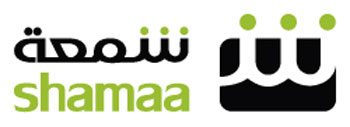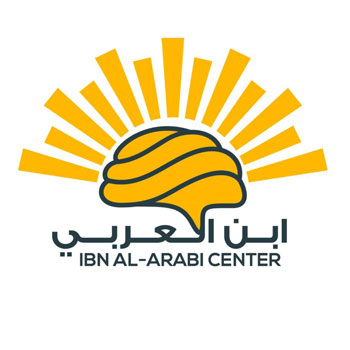الجيوبوليتيك والسلوك السياسي للدولة: دراسة لأثر الجيوبوليتيك في رسم ملامح النظام التعليمي
معرّف الغرض الرقمي:
https://doi.org/10.56989/benkj.v4i6.1025الكلمات المفتاحية:
الجغرافيا السياسية، الجيوبوليتيك، التغيرات العالمية ، التعليمالملخص
تهدف هذه الدراسة إلى إبراز التأثيرات المتنوعة للجيوبوليتيك على قطاع التعليم، من خلال تحليل حالتين كل واحدة منهما تختلف عن الأخرى من ناحية الموقع والإيديولوجيا، وهما النموذجان الفرنسي والإيراني، وتقديم رؤية شاملة لكيفية تفاعل هذه التأثيرات مع التغيرات العالمية. سنستعرض كيفية تأثير النزاعات الجغرافية والسياسية على صياغة المناهج الدراسية واختيار الأفكار المراد تمريرها بعناية، وكيف تشكل التحالفات السياسية والاقتصادية الدولية سياسات التعليم الوطنية. كما سنتناول دور التعليم في تعزيز الفهم الجيوبوليتيكي، وأهمية التعليم كأداة لتعزيز الاستقرار والسلام العالمي. تعتمد هذه الدراسة المنهج التحليلي المقارن، وهو منهج يقوم على تحليل الظواهر من خلال الوقوف على نقاط التمايز والتشابه بينها. يمكننا أن نستخلص أن كلا النموذجين الفرنسي والإيراني، يستخدم التعليم كأداة قوية لتحقيق أهدافه الجيوبوليتيكية والإيديولوجية. في فرنسا، يتم ترويج السلم والتعايش على السطح، ولكن مع الحفاظ على شعور بالتفوق الثقافي الغربي. في إيران، يتم ترويج الولاء الديني الشيعي والتفوق العرقي الفارسي، مع توجيه الطلاب نحو العداء للعرب السنة وتعزيز التوسع الإقليمي. كلا النموذجين يعكسان تأثير التاريخ والثقافة والسياسة في تشكيل المناهج التعليمية وتوجيه الأجيال الجديدة نحو تبني قيم ومعتقدات تخدم الأهداف الاستراتيجية للدولة. هذا الأثر الذي تتركه السياسة الجيوبوليتيكية على التعليم، يتطلب خاصة بالنسبة للدول التي تخضع لنفوذ القوى الكبرى أن تعمل على حماية هويتها الثقافية.
This study aims to highlight the diverse impacts of geopolitics on the education sector by analyzing two distinct cases— the French and Iranian models— each differing in location and ideology. It seeks to provide a comprehensive view of how these influences interact with global changes. We will explore how geographical and political conflicts shape curriculum development and the deliberate selection of ideas, and how international political and economic alliances shape national education policies. Additionally, we will discuss the role of education in promoting geopolitical understanding and its importance as a tool for enhancing global stability and peace. This study employs the comparative analytical method, which involves analyzing phenomena by identifying points of differentiation and similarity. We can conclude that both the French and Iranian models use education as a powerful tool to achieve their geopolitical and ideological objectives. In France, peace and coexistence are promoted on the surface, but with an underlying sense of Western cultural superiority. In Iran, Shiite religious loyalty and Persian ethnic superiority are promoted, directing students towards hostility against Sunni Arabs and advocating for regional expansion. Both models reflect the influence of history, culture, and politics in shaping educational curricula and guiding new generations to adopt values and beliefs that serve the strategic goals of the state. This impact of geopolitical policy on education particularly requires countries under the influence of major powers to work on protecting their cultural identity.
التنزيلات
منشور
كيفية الاقتباس
إصدار
القسم
الرخصة
الحقوق الفكرية (c) 2024 مجلة ابن خلدون للدراسات والأبحاث

هذا العمل مرخص بموجب Creative Commons Attribution-NonCommercial 4.0 International License.




























